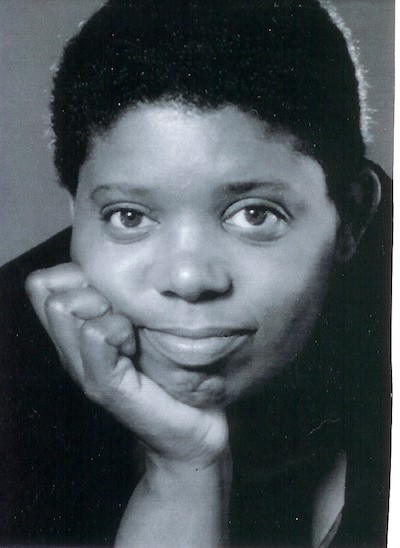By Jackie Jonas
My husband and I have been married for 36 years. When we realized we were headed toward marriage, we had a lot to negotiate. He is an Ashkenazi Jewish man only two generations from Russia on his mother’s side and Austria on his father’s. I am a Southern Black woman, the second great granddaughter of a slave on my mother’s side, raised in the bosom of the Black church, and the granddaughter of an apostolic bishop on my paternal side. This was going to be a journey. Fortunately, we are both fairly deliberate and so we took the time over several years to talk openly about the road ahead. We decided in the end that we would have a Jewish home, and that our children would be raised as Black Jews. I want you to sit with that phrase for a second. We were not going to raise Jewish children who happened to be Black. We were going to raise Black children who were Jewish. Barring a genetic fluke, our children would not look White, so they would walk through the world being treated like Black people. As it turned out we became parents through adoption and our daughter, who is now 30, is Black.
When Chloe came to us, we wanted to make absolutely certain that she was firmly seated in her Black identity. First, because when she walks down the street people don’t see a Jewish girl, they see a Black girl. Second, and more importantly, because we wanted her to have a positive view of her cultural heritage. How we accomplished this is the subject for another post. For now, I want to say this: If you, as a non-Black parent, decide to raise a Black child either through adoption or interracial marriage, then you have an obligation to love your child for who they are. All of who they are. If you continuously tell your child that “race doesn’t matter” then you are discounting a major part of who they are. And you are failing to prepare them to function in a world in which race most assuredly does matter.
So how do you do that? To start, you learn that you can’t just love your Black child, you have to love Black people. I mean really love us. It’s not hard really. Let me introduce you to us. Growing up I used to hear “Black don’t crack”. It was one of the few positive stereotypes of my people, a nod to the ageless beauty of our women and the strength of our men. I know that we are, indeed a miraculous people. You give us whips and chains; we give you the blues and jazz, hip hop, R&B and gospel. You give us substandard or no education and we give you Phyllis Wheatley, Frederick Douglass, Paul Robeson, Paul Laurence Dunbar, Richard Wright, James Baldwin, Zora Neal Hurston, Langston Hughes, Toni Morrison, Gloria Naylor, Alice Walker, Maya Angelou, Ta Nehisi Coates and Amanda Gorman. We build Howard and Spelman and Morehouse. We make a space for our intellect.
You tell us to cover our nappy hair, and we wrap it in towers of beautiful cloth, cover it with church hats, tame it with hot combs. And when we decide to stop listening to you, we release it into towering afros, braid it, twist it, loc it and shave designs into it. You tell us our skin is too black, our noses too flat, our butts too big. We create entire industries to cater to our nappy haired, black skinned, flat nosed big butt selves. And when you slowly take that away, we go underground and start again. You can’t keep up.
The ageless beauty of Blackness. We don’t crack, we shine. Tell your children.
Jackie Jonas is a storyteller, actress, former IT professional and a retired teacher. She was a 2005 recipient of the Grinspoon-Steinhardt award for excellence in Jewish Education. She is currently a member of Grounded Theatre Company and lives with her husband in Mt. Airy.




